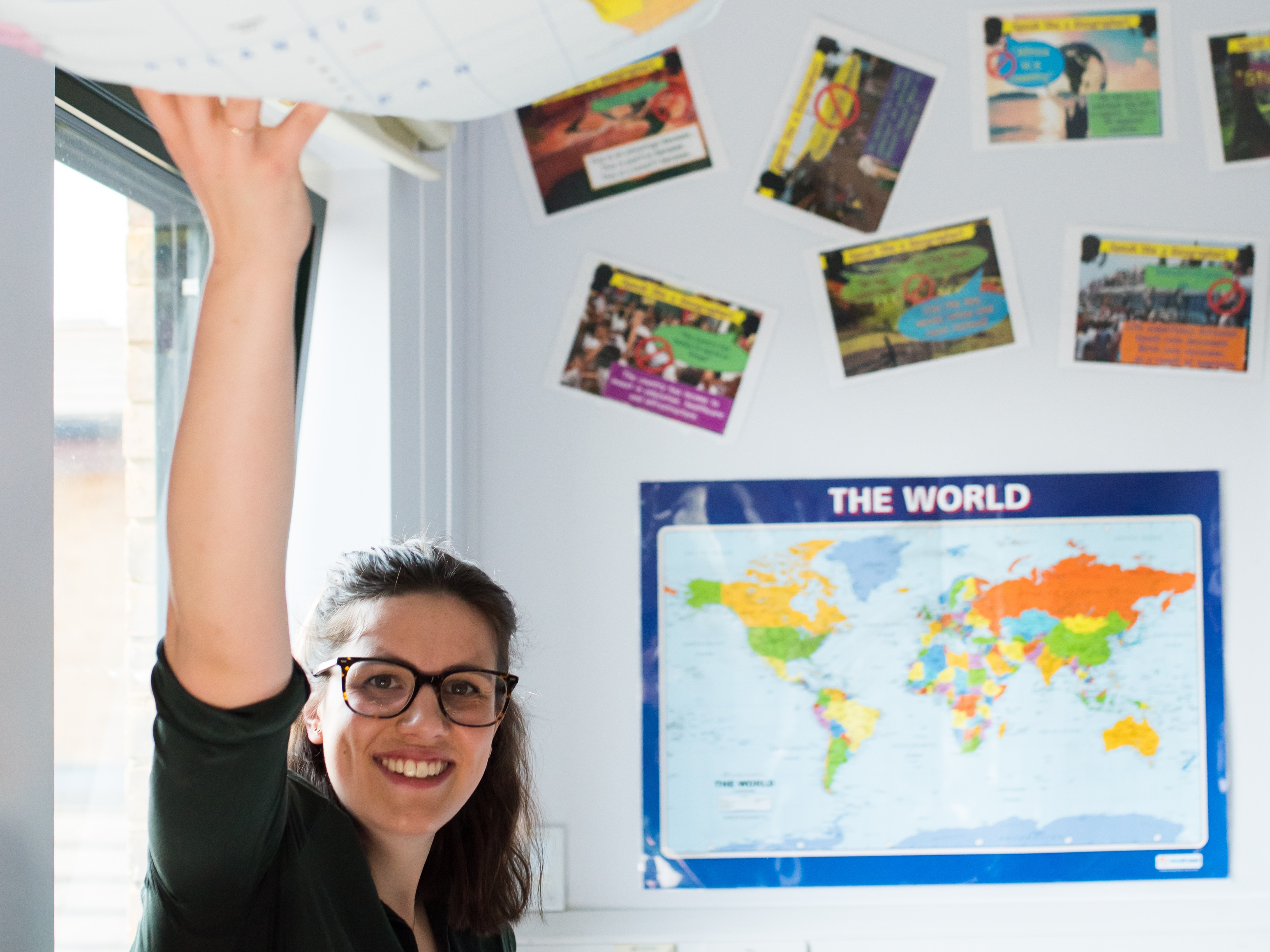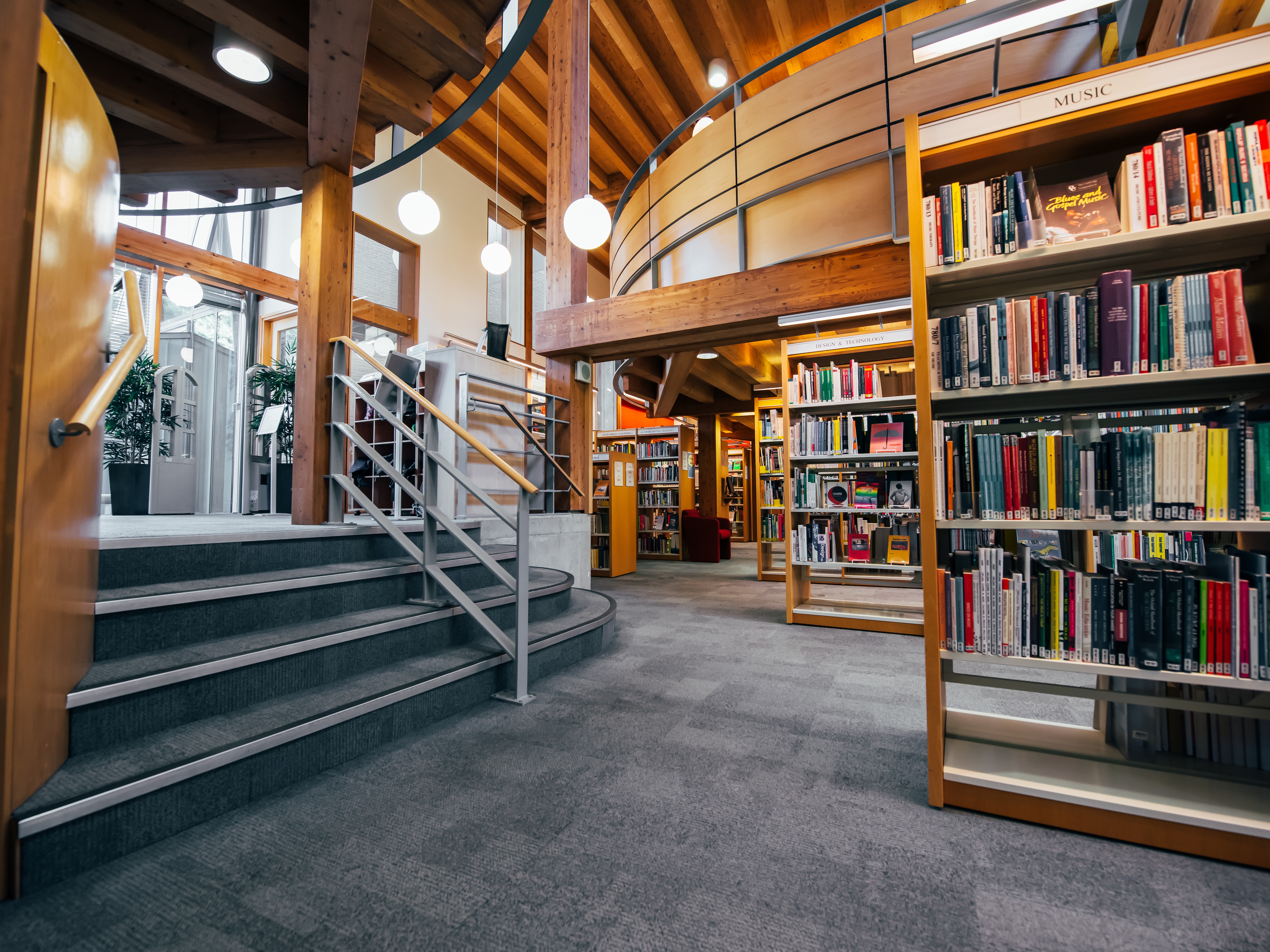Search for our courses on the .gov website: University of Cambridge (C05)
We live in a world of amazing beauty, infinite complexity and rigorous challenge. Through studying geography, people of all ages begin to appreciate how places and landscapes are formed, how people and environments interact, what consequences arise from our everyday decisions, and what a diverse range of cultures and societies exist and interconnect.
The Geography PGCE course is 'high challenge: high support' and aims not only to help PGCE students to develop teaching strategies and skills so that they can use their enthusiasm about Geography to interest and motivate pupils, but also develop them as geographers. We run a series of subject knowledge workshops, including meteorology training run by the Royal Meteorological Society and a workshop on geology run by colleagues in the Department of Earth Sciences at the University.
The geography course is run by Alison Dunphy. In addition, a selection of experienced mentors and guest speakers contribute to the course throughout the year; for example, David Lambert, Professor at the London Institute of Education and former Chief Executive of the Geographical Association has visited for several years to work with our PGCE students.
Emma Johns (Head of Geography at Hitchin Girls’ School): Being a mentor is a challenging role. Having a PGCE student in the department is always a two-way process, and whilst many PGCE students feel they learn more from us than we do from them, we have many lessons, resources and ideas in our department which are a legacy of our PGCE students over the years. PGCE students bring a different dimension to the department and are often more knowledgeable about many aspects of geography than we are!
Bursary
PGCE student may be eligible for a bursary or scholarship. See the DfE 'Get into Teaching' website for more details.

Who is this course for?
Although the majority of our PGCE students have a degree in Geography, we accept PGCE students with a diverse range of subject expertise; e.g. Environmental Sustainability, Geology or International Development.
PGCE students at Cambridge come from a wide variety of backgrounds.
Kien studied Geography at the University of Malaya where he helped on sea turtle conservation projects every nesting season. Orla studied geography at Sheffield University and then worked in fashion merchandising. Chris worked as a Chartered Surveyor in London for six years before pursuing a career in teaching.
What will I study?
The first term concentrates primarily on preparation for the basic elements of classroom teaching, and introduces PGCE students to the wide range of resources and teaching strategies available to geography teachers.
Later we explore a range of subjects including:
- Urbanisation and the moving image
- The changing geography curriculum: concepts, processes and knowledge
- Landforms & processes: focus on explanations and modelling
- Globalisation & interdependence: fashion, sport and sustainability
- Citizenship, global citizenship and controversial issues – what is the role of geography?
- Place and identity: What shape is the world anyway?
Across the course, there is also a focus on new technologies, fieldwork and wider curriculum issues. We look at how GIS can be used to improve geographical learning, and consider the role of emerging technologies, such as blogging and podcasts, in teaching geography.
How will I study it?
The Geography course consists of sessions organised in a practical, workshop atmosphere; some sessions are taught by serving teachers from partnership schools.
The programme has been developed so each week conceptual thinking in Subject Studies sessions in the Faculty is moved forward with discussion and practical activities in school. PGCE students are provided with a range of opportunities to engage with geographical field work, both with the Geography subject studies group and with partnership schools.
How will this course prepare me for positions of leadership?
Dan Roberts: Over the course of my career I have held many positions that have culminated in my appointment as Head of Individuals and Societies (Humanities Department) at Parkside Federation Academies, Cambridge. When I reflect on the journey I have made from Gifted and Talented Co-ordinator through to Subject Lead for Geography, as well as Second in Department for Humanities, I know that I have used the knowledge, understanding and skills developed during my PGCE course to lead and manage my teams successfully.
Alison Dunphy: I spent my NQT year and the five years that followed at Saffron Walden County High School. During this time I became a PGCE mentor and completed the MEd. In September 2013, I took a post as Head of Geography at Abbey College, Ramsey. After a year in this post, I gained promotion to the post of Associate Assistant Head at Abbey College. The PGCE course provided me with the skills and experience to secure both promotions. The research projects particularly gave me the opportunity to engage in personal professional development and department improvement. More specifically, the skills learnt and confidence gained through the PGCE, are transferrable to the process of whole-school improvement, in which I am now involved.

How does this fit in with the MEd?
Most students will follow modules on the Transforming Practice MEd course, designed especially for early career teachers.
Oli Picton: Part of the PGCE course includes a small-scale research project. This is a chance to investigate an aspect of teaching and learning that interests you. I decided to explore teaching and learning about 'distant places' in geography and really enjoyed doing the research.
I am now working at a school in Hertfordshire and I decided to take the opportunity to continue to do the MEd at Cambridge. The MEd builds on the skills learnt during the PGCE and I’ve decided to research teaching and learning about globalisation in geography as it’s a contested field of geography that interests me. Doing research focuses planning, teaching and evaluating, helping to improve teaching and learning in the classroom.
For more information, visit the Master of Education (MEd) page.
